Cheese can be creamy, salty, crumbly, or bold—but not every variety belongs on your plate every day. Some cheeses are highly processed and loaded with preservatives, making them more food product than dairy delight.
Others, especially those tied to traditional food cultures, offer real nutrition and have been part of healthy diets for generations.
This list highlights 8 cheeses to enjoy only in moderation, followed by 7 time-tested options worth embracing.
1. American Cheese Slices
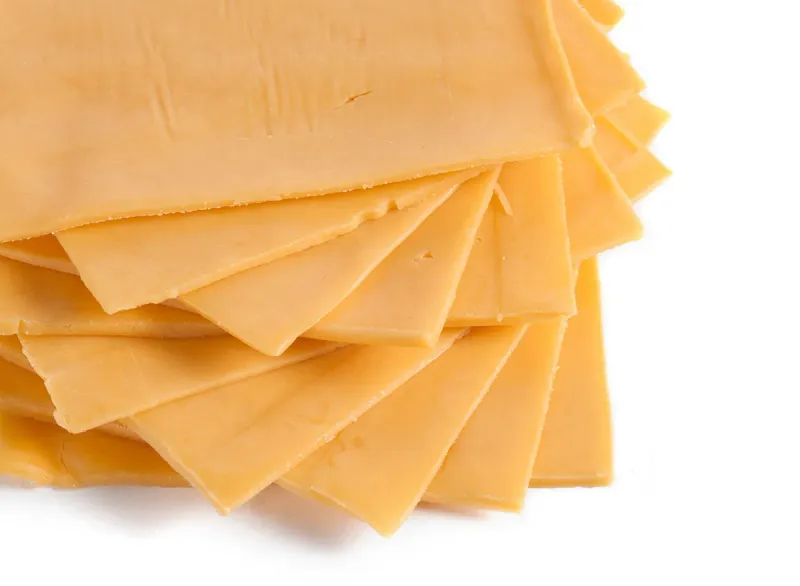
These individually wrapped slices melt like a dream, but they’re far from natural. Often made from milk byproducts, thickeners, and coloring agents, they barely qualify as real cheese.
The texture is plasticky, the ingredients list is long, and the nutrition comes up short. Convenient, yes—but not your best bet for daily eating.
2. Spray Cheese (Cheese In A Can)
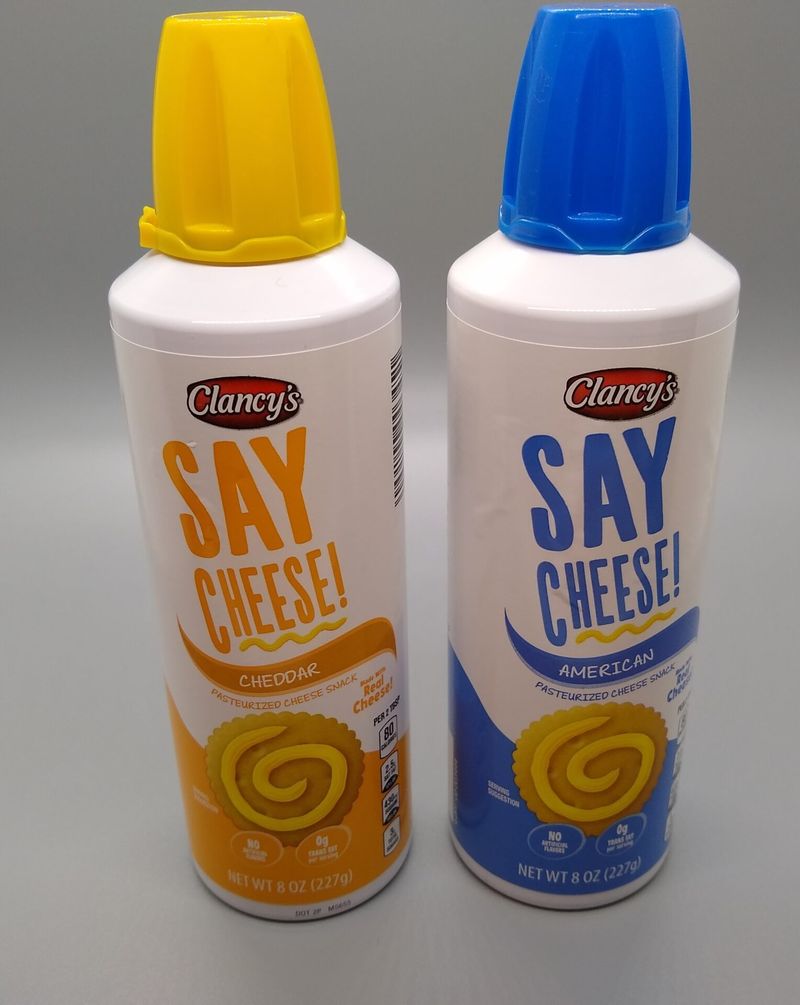
This aerosol cheese is shelf-stable and neon-hued, with more artificial ingredients than dairy. It’s heavy on preservatives and sodium.
The flavor mimics cheddar but leans metallic and flat. It’s a novelty snack with little nutritional value.
3. Velveeta
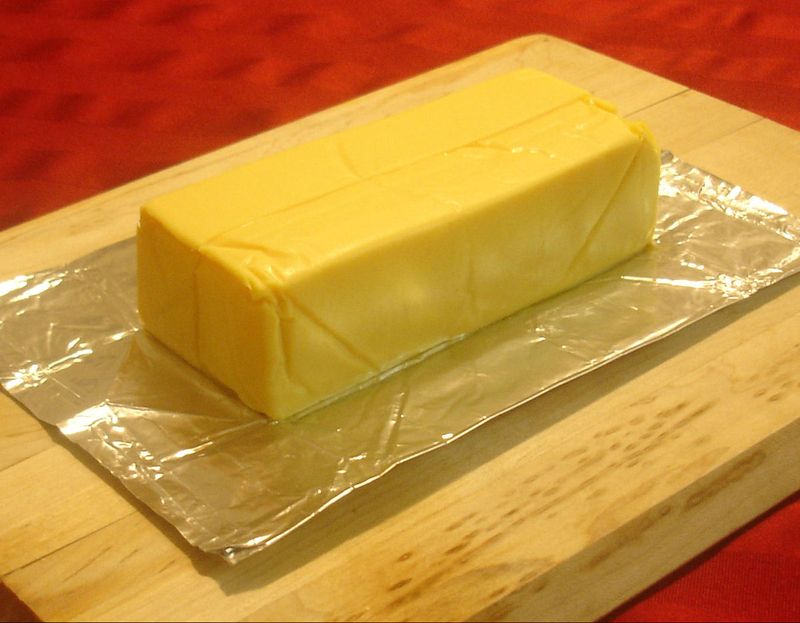
Creamy and melt-friendly, Velveeta isn’t actually cheese—it’s a processed product made from milk solids and oil. The taste is mild and uniform.
It’s high in sodium and saturated fat, and lacks the complexity of real aged cheese. Great for dips, but not for your heart.
4. Cheese Spreads With Stabilizers
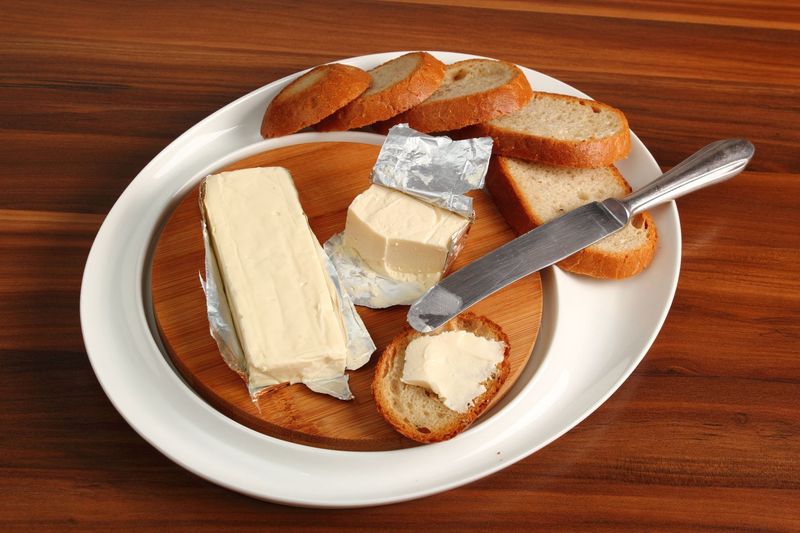
Many shelf-stable cheese spreads are built on emulsifiers, flavor enhancers, and artificial coloring. The result is smooth but often unnatural.
These products sacrifice nutrients for convenience. They spread easily, but their ingredient lists raise more questions than cravings.
5. Nacho Cheese Sauce (Fast Food Style)
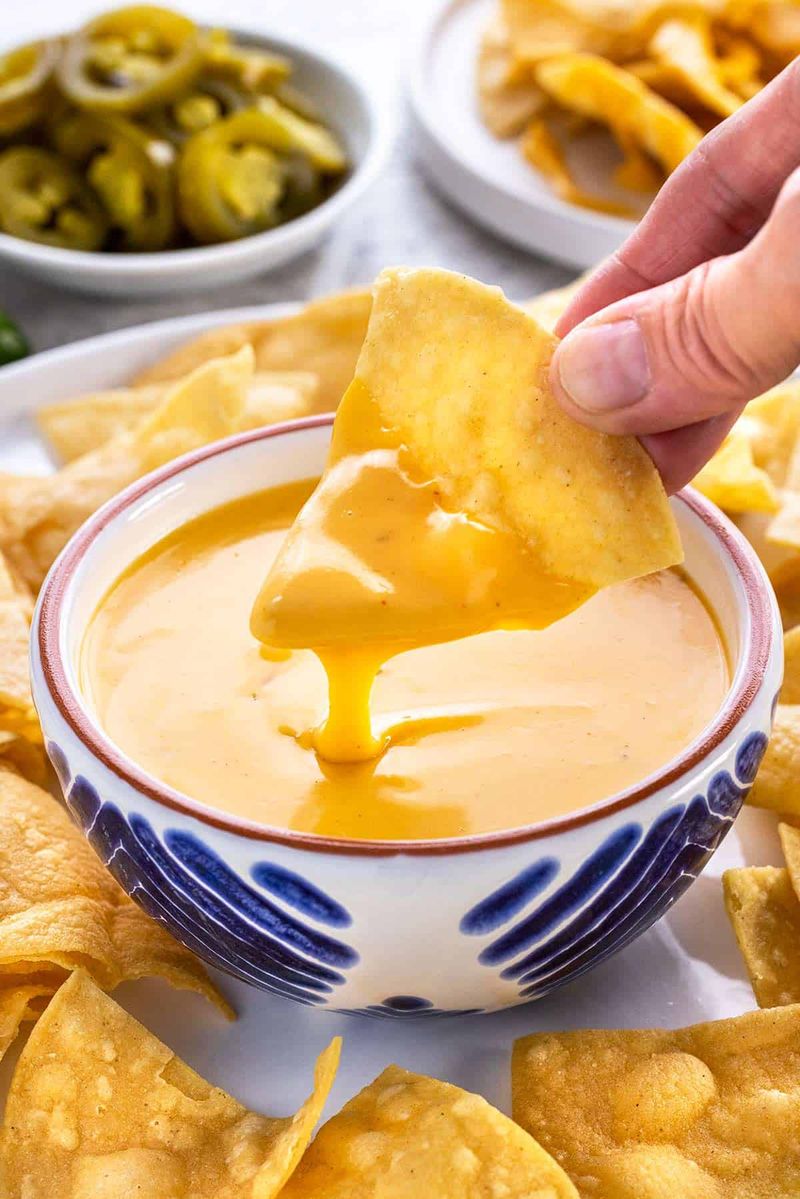
Often served warm and runny, this sauce uses thickening agents and flavorings to mimic cheddar. It coats chips, not your body, with goodness.
The sodium content is sky-high, and the cheese component is minimal. More lab than dairy.
6. Low-Quality Pre-Shredded Cheese
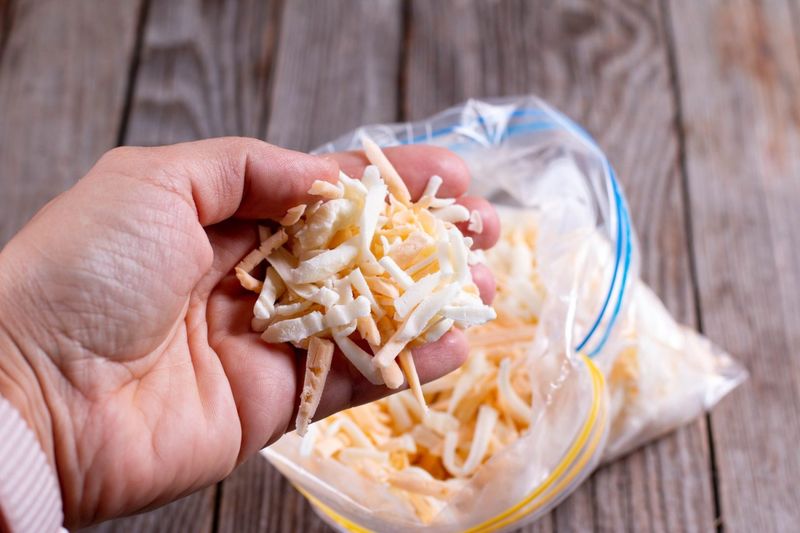
Pre-shredded cheese often includes anti-caking powders and starch to prevent clumping. Those extras can dull flavor and nutrition.
It’s convenient but loses moisture, meltability, and sometimes integrity. Fresher blocks offer better value and cleaner taste.
7. Processed Cheddar Singles
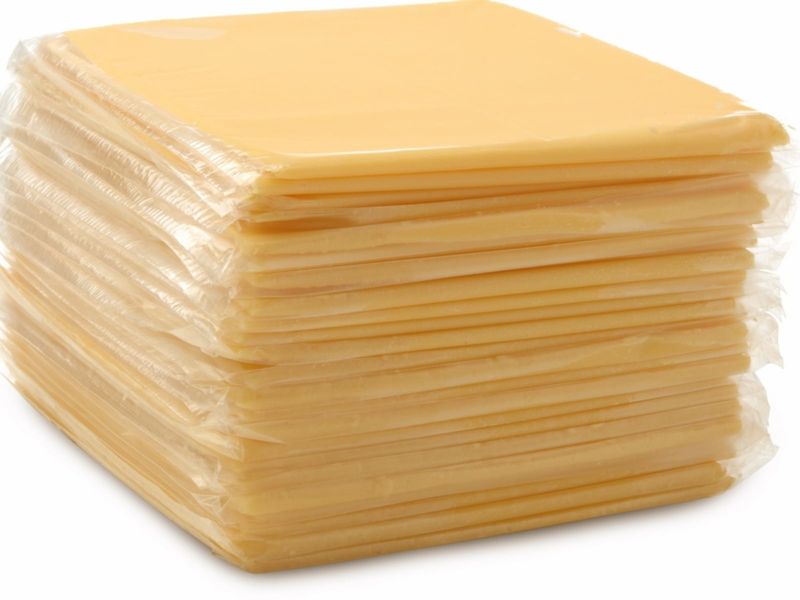
Processed cheddar singles are a picnic staple, loved for their easy melting and consistent flavor. Yet, these slices are far removed from artisanal cheddar.
Created using emulsifiers and additives, they offer convenience but not the authentic taste of real cheddar. Their nutritional profile is also less impressive, with added fats and sodium.
8. Flavored Snack Cheeses (Like Bacon Or Pizza Cheese)
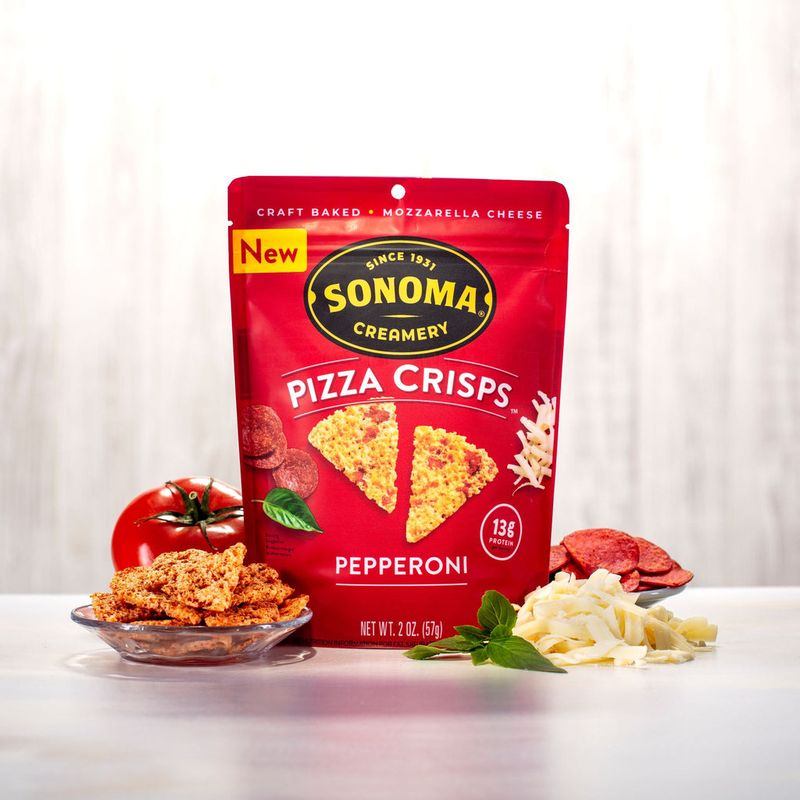
These novelty cheeses are loaded with sodium, artificial flavorings, and preservatives to simulate trendy tastes. The “bacon” often comes from smoke flavoring, not meat.
While fun in a lunchbox or charcuterie tray, they rarely offer quality ingredients. Gimmicky flavors can mask the lack of real cheese craftsmanship.
9. Parmigiano-Reggiano
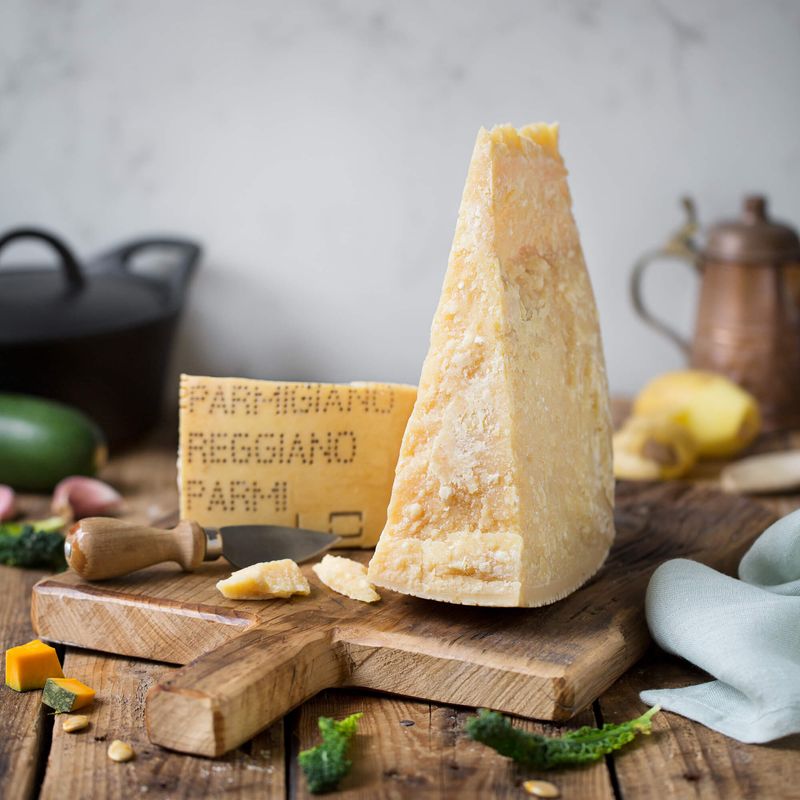
Made from raw cow’s milk and aged for at least 12 months, Parmigiano-Reggiano is a nutritional powerhouse. It’s rich in protein, calcium, and naturally occurring probiotics from its fermentation process.
Hard, crumbly, and packed with umami, it’s easy to digest thanks to long aging that breaks down lactose. A sprinkle adds flavor, minerals, and history to any dish.
10. Feta
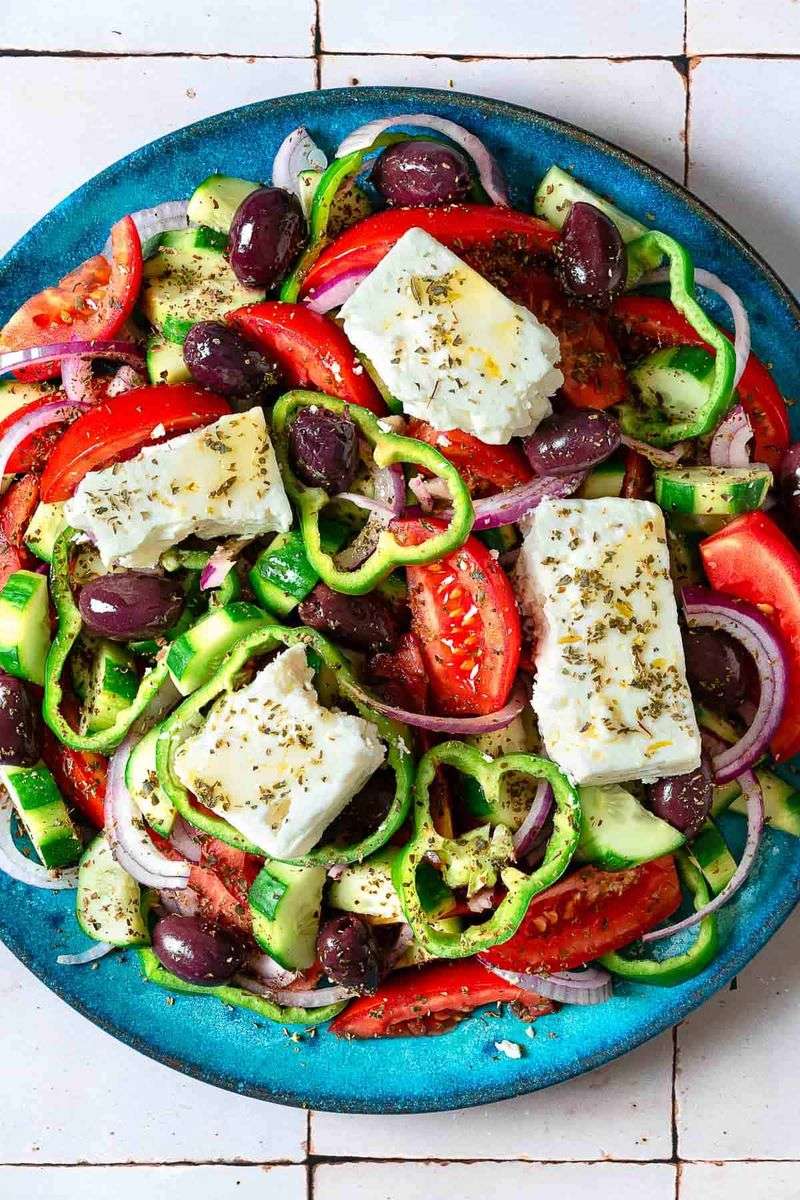
Traditionally made with sheep or goat’s milk, real feta is tangy, salty, and full of healthy fats and gut-friendly cultures. It’s lower in lactose than cow’s milk cheese.
Crumbled over salads or roasted with vegetables, it brings brightness and digestibility. Look for Greek-made feta to get the real nutritional profile and flavor.
11. Paneer
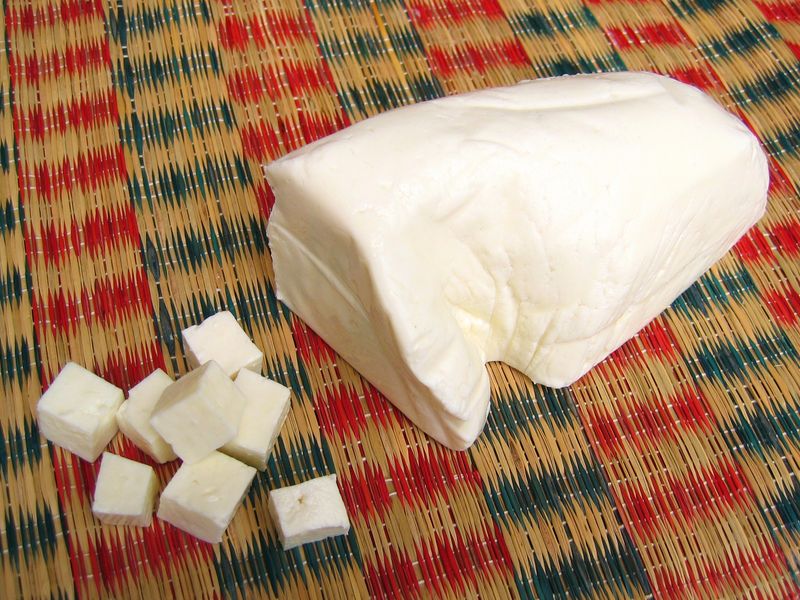
This fresh, unaged cheese is made by curdling milk with lemon juice or vinegar, resulting in a soft, firm texture that doesn’t melt. Paneer is high in casein protein and low in sodium.
Often cubed and cooked in Indian dishes like saag or tikka, it absorbs flavor while adding substance. Free from rennet and additives, it’s a wholesome, vegetarian-friendly choice.
12. Goat Cheese
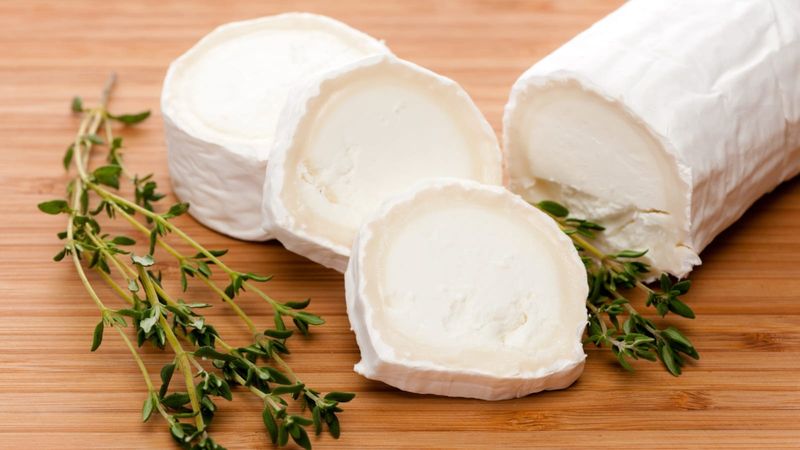
Made worldwide in forms from fresh chèvre to aged logs, goat cheese is gentler on the digestive system than cow’s milk cheese. It contains less lactose and more medium-chain fatty acids.
Its earthy, tangy flavor is as versatile as it is nourishing. Whether soft and spreadable or firm and crumbly, it supports digestion and provides essential nutrients like calcium and vitamin A.
13. Cottage Cheese
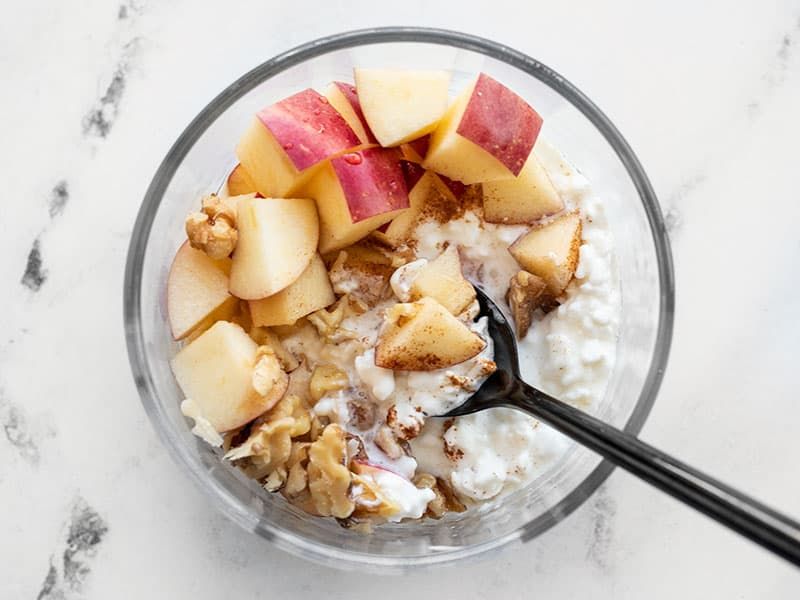
Mild in flavor and packed with protein, cottage cheese has long been a favorite for light, nutritious meals. It’s lower in fat than many other cheeses and often available with live cultures.
Spoon it with fruit, mix into pancakes, or stir into pasta. Its mild flavor and versatility make it a smart, satisfying option for everyday eating.
14. Aged Sheep’s Milk Cheese
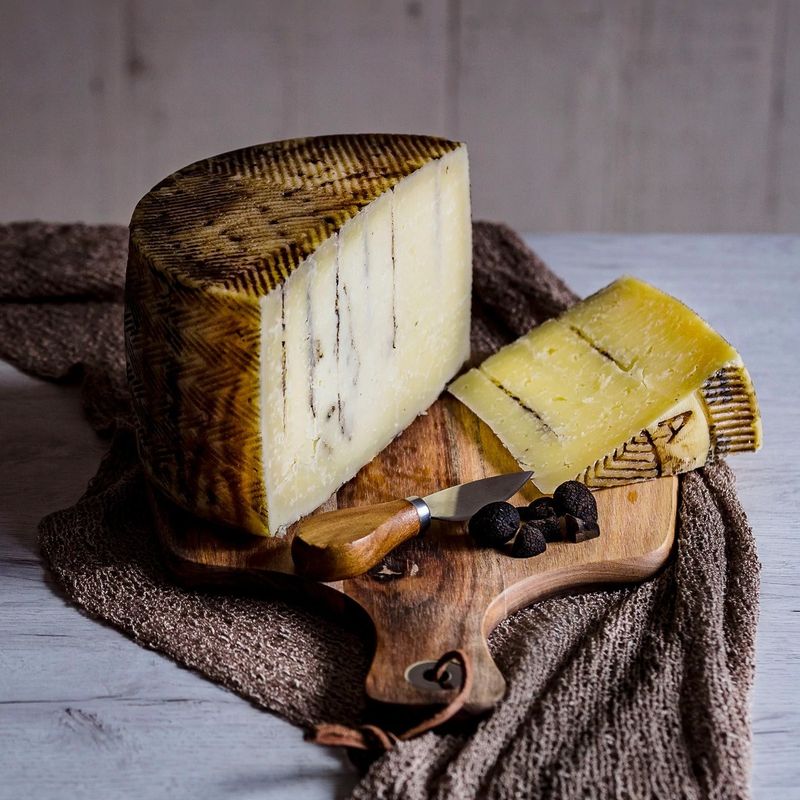
Manchego, Pecorino, and other sheep’s milk cheeses offer dense flavor and rich nutrition. They’re high in calcium, zinc, and vitamin B12.
The high fat content includes beneficial fatty acids, and the aging process makes them easier to digest. Their savory, nutty profiles shine in small portions.
15. Quark
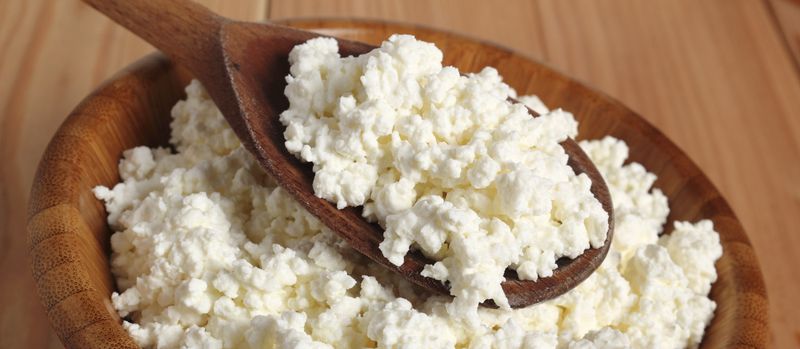
This soft, fresh cheese resembles yogurt but has a thicker body and higher protein content. It’s naturally low in fat and mild in flavor.
Popular in Germany and Eastern Europe, quark contains probiotics that support gut health. Use it in baking, spreads, or spoon it straight for a clean, creamy snack.

